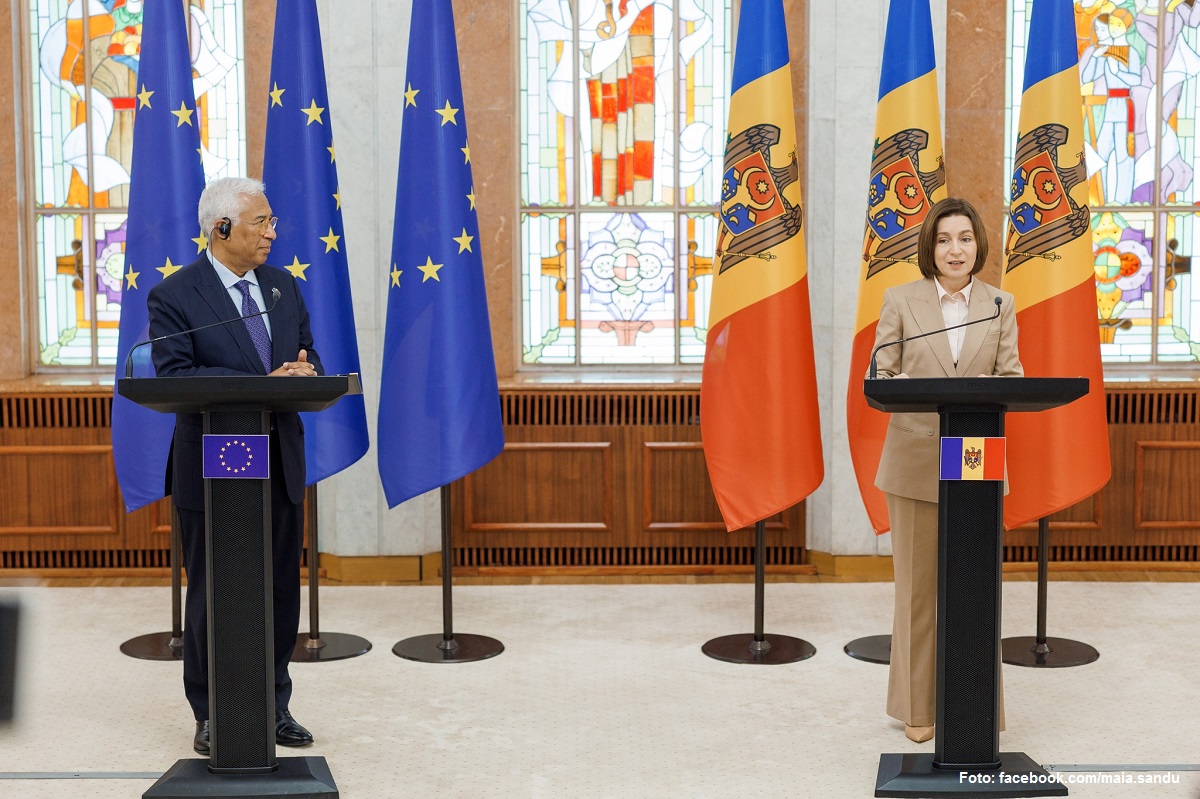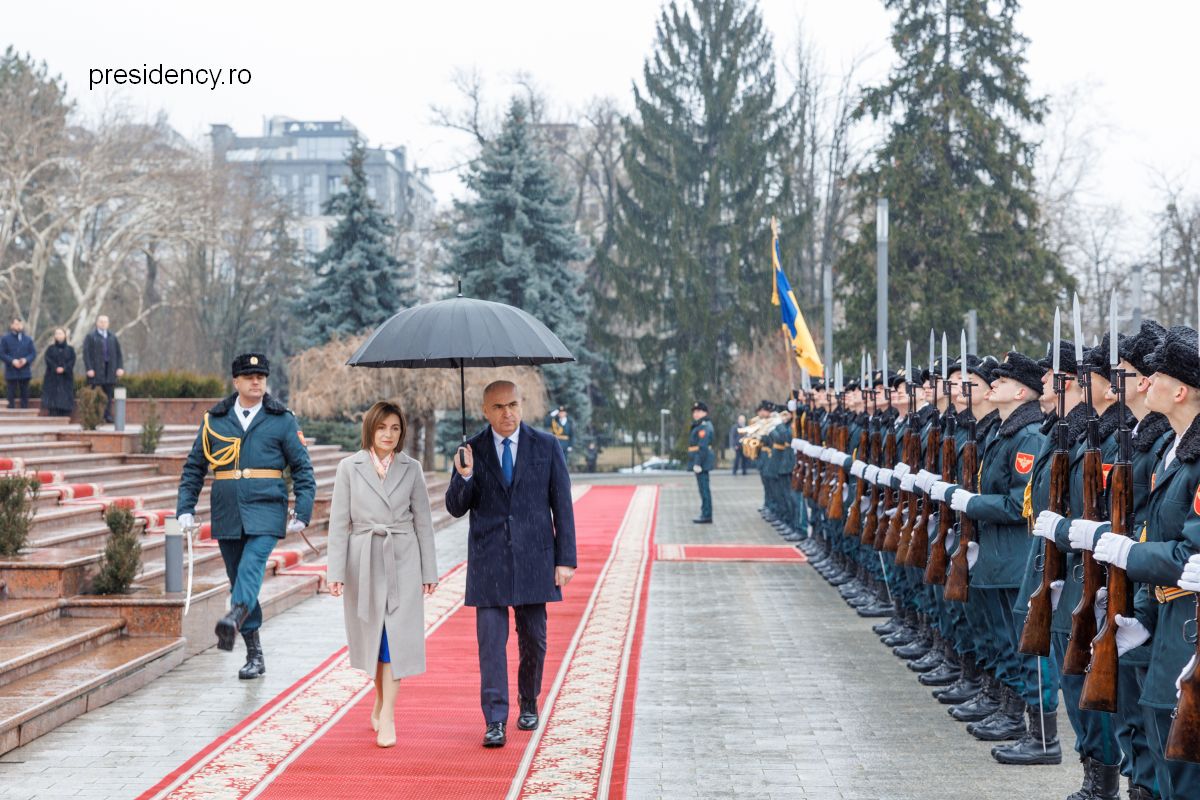Teachers’ protests
Thousands of teachers took to the streets on Wednesday to protest against a government emergency ordinance on public sector salaries.

Corina Cristea, 02.06.2016, 13:44
The Romanian education sector has long been faced with many problems generated mainly by under-funding. Those problems are well-known, and the entire political class has been trying, at least in words, to find solutions for tens of years. All the more so as the problems in the system have negative repercussions on children’s education.
Children are our only hope for a better future, said Prime Minister Dacian Ciolos, adding he would like to lay solid foundations in terms of several essential aspects, such as performance in education, equal chances for all children irrespective of their background and access to high-quality medical services.
“I want Romania to become a country where raising a child should be about helping them find their way in life and using their talents in the best possible way, and not about worrying about tomorrow, as it unfortunately happens in the case of some parents”, the Prime Minister also said. In an attempt to address the problems in the public sector, including the education sector, the government plans to adopt a new pay scheme to eliminate discrepancies between salaries.
Dissatisfied with the draft emergency ordinance in this area, teachers took to the streets in Bucharest on Wednesday. More than 10,000 of them gathered in front of the government building and then left on foot to the president’s office at the Cotroceni Palace to request the support of president Klaus Iohannis, who was himself a teacher by training. Previously, teachers had demanded pay rises of at least 10% this year, but only obtained the promise of a 5% increase as of August 1st. Labour Minister Dragos Paslaru said he wanted to give teachers a more substantial pay rise but the government did not have the funds this year. Dragos Paslaru:
“We are aware of the problems in the education system. We care about education. However, the government’s hands are tied because its resources are limited. We believe this emergency ordinance aimed at correcting some of the problems in the sector contains some good things in that it will create a fairer pay scheme in the sector, but it is only a first step. This move should be followed by a unitary salary law to introduce national level salaries for all categories of employees”.
Dragos Paslaru said he would try to hold one last round of talks with the trade unions in the education system.
(Translated by C. Mateescu)






























